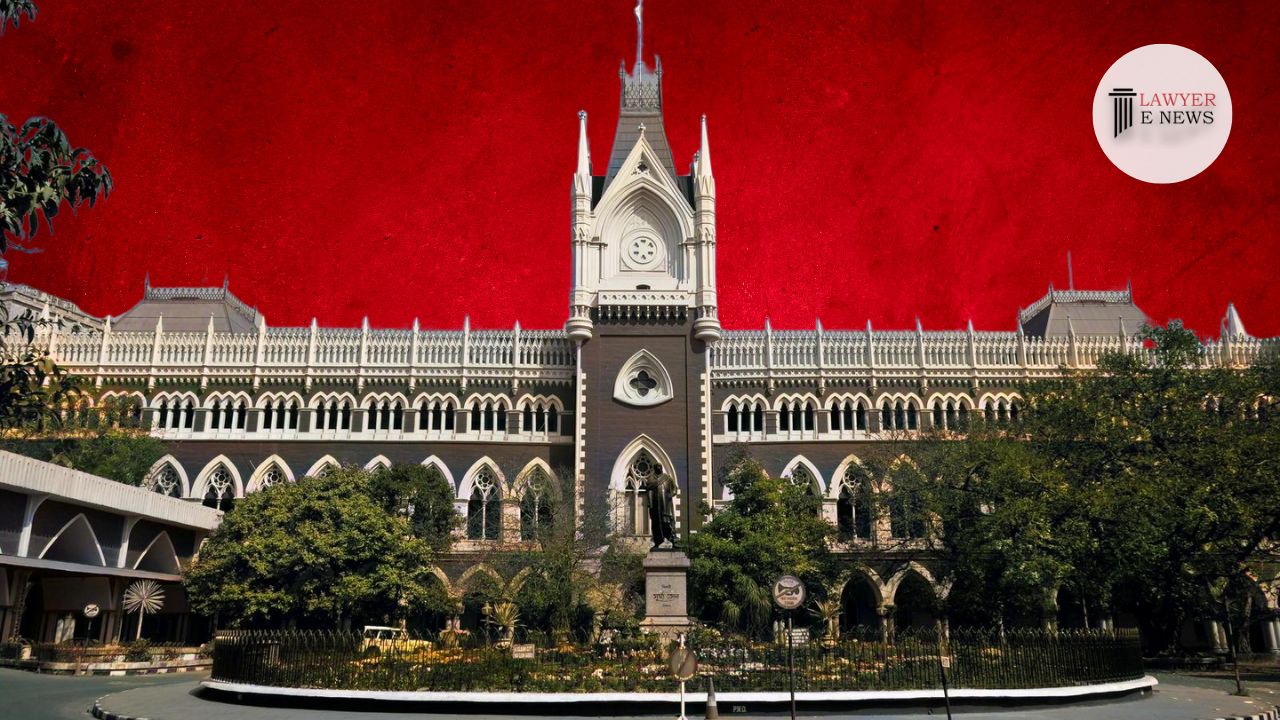-
by Admin
15 February 2026 5:35 AM



In a significant ruling addressing the overlapping maintenance claims under Section 125 Cr.P.C. and Section 3 of the Muslim Women (Protection of Rights on Divorce) Act, 1986, the Calcutta High Court has upheld the lower courts' decisions to provide maintenance and return of 'stridhan' (dowry-like gifts) to the wife, observing that overlapping claims should be adjusted to avoid double relief. The Hon’ble Justice Shampa Dutt (Paul) cited the Supreme Court's directions from Rajnesh vs. Neha & Anr., stating, "Where successive claims for maintenance are made by a party under different statutes, the court would consider an adjustment or set-off of the amount awarded in the previous proceeding(s)."
Legal Background and Issues
The revision petitions, CRR 868 of 2020 and CRR 3014 of 2019, arose from concurrent maintenance proceedings under the Criminal Procedure Code and the Muslim Women (Protection of Rights on Divorce) Act. Both legislations were invoked by the wife after her divorce, leading to separate claims under each act.
Facts and Judicial History
Md. Shariful Islam Malita, the petitioner, was directed by lower courts to provide maintenance and return dowry gifts including gold ornaments and household items to his wife, Renuka Khatun, following their divorce. The overlapping claims from separate legal statutes led to multiple awards from different courts, raising issues of potential double relief.
Detailed Court Assessment
Justice Dutt meticulously discussed the evidence presented, including the lack of substantiating evidence from the petitioner regarding the return of dowry items, emphasizing the necessity for concrete proof in disputes over marriage gifts. "The petitioner/husband has contended that they have returned the said gold ornaments but could not produce any documents or other materials to substantiate the said statement," noted the judge in her ruling.
Further, the court affirmed the previous judgments awarding maintenance to the wife and returning the stridhan, aligning with the Supreme Court guidelines aimed at ensuring fairness and avoiding duplication in maintenance proceedings. The detailed review and application of these guidelines reinforce the need for judicial consistency and clarity in handling overlapping legal claims.
Decision The High Court dismissed the revisional applications filed by both husband and wife, thereby upholding the decisions of the lower courts. The orders directed the husband to provide maintenance and return dowry gifts, in compliance with both Section 125 Cr.P.C. and Section 3 of the Muslim Women Act, after adjusting the previously awarded amounts.
Date of Decision: May 1, 2024
Md. Shariful Islam Malita vs. The State of West Bengal & Ors.
